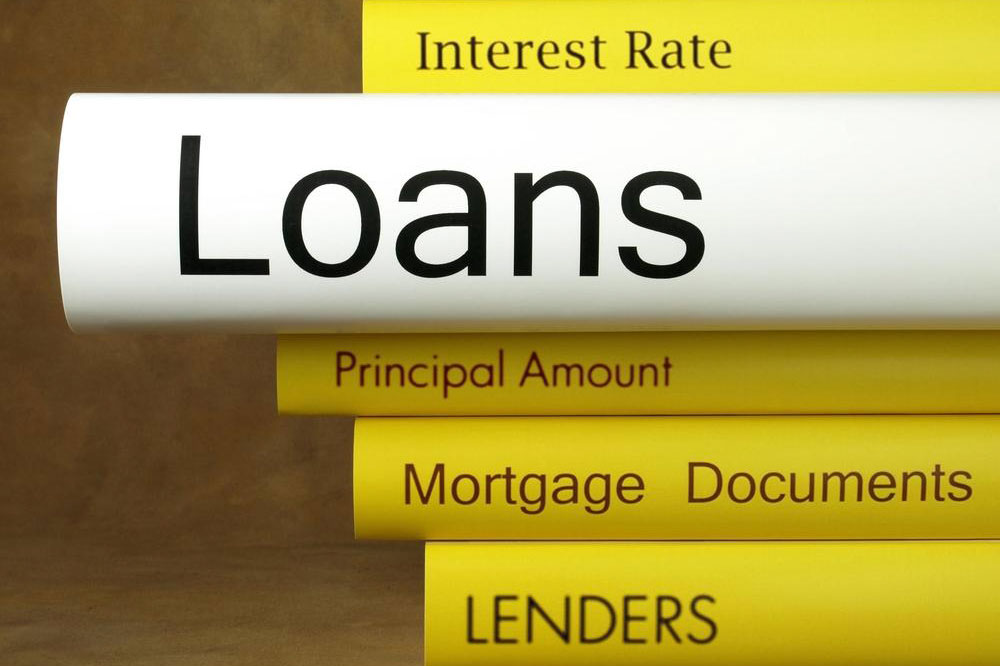Comprehensive Guide to Different Types of Loans and Their Characteristics
Explore various loan options including personal, student, mortgage, auto, and small business loans. Learn about their features, benefits, eligibility, and repayment terms to make informed borrowing decisions suited to your financial needs and goals.

Loans are essential financial tools that help you achieve goals like education, homeownership, vehicle purchase, and managing unforeseen expenses. You can access loans through banks, credit unions, or online lenders. Several loan options cater to individuals and businesses, including SBA loans, equipment financing, working capital, and term loans, ideal for business expansion. Comparing interest rates and repayment terms across providers is crucial to secure the best deal. Flexible repayment plans and accessible loan options can help you overcome short-term financial challenges efficiently.
Types of Loans
Personal Loans: These loans are versatile and can be used for home repairs, weddings, debt consolidation, or vacations. They come with varying interest rates and repayment options. Personal loans are available as secured (collateral-backed) or unsecured (creditworthiness-backed). Unsecured loans generally have higher interest rates but fewer requirements, while secured loans offer lower rates but require collateral.
Student Loans: If pursuing higher education, consider federal or private student loans. Federal loans offer borrower protections and benefits but typically have higher interest rates. Private loans can be obtained with good credit and often provide better interest rates, but offer fewer protections. These loans cover tuition and living expenses at accredited institutions, but may not apply to specialized courses.
Home Equity Loans: Using your home’s equity, you can access a line of credit without upfront payments. These are often referred to as second mortgages, allowing you to borrow up to 85% of your home's value with repayment terms spanning five to thirty years. However, interest rates may be higher if there's an existing mortgage.
Mortgage Loans: Offered mainly by banks and credit unions, some government programs assist with low-income home purchases. Eligibility criteria vary, and these loans help finance property purchase or refinance.
Auto Loans: Used for vehicle purchases, auto loans are secured by the vehicle itself. Repayment periods range from three to seven years. If you default, the lender can repossess the car. These loans are available through banks, credit unions, online lenders, and dealerships.
Payday Loans: Short-term, high-fee loans that are usually repaid with your next paycheck. They carry significant costs if unpaid or exceeded limits.
Title Loans: Secured by your vehicle’s title, these loans typically offer 25% to 50% of your vehicle’s value and are due within 30 days. Repossession can occur if repayment isn’t made.
Small Business Loans: Covering SBA-backed, equipment, working capital, and term loans, these support startup and small-scale enterprises, ideal for financing business growth plans.
Land Loans: For purchasing improved or unimproved land, these loans generally have higher interest rates and stricter down payment and credit requirements.
Family Loans: Informal loans between family or friends that should be documented with clear terms including interest, due dates, and penalties.
Understanding your loan needs and comparing interest rates before applying can help secure the most favorable terms. Conduct thorough research to make informed financial decisions.










